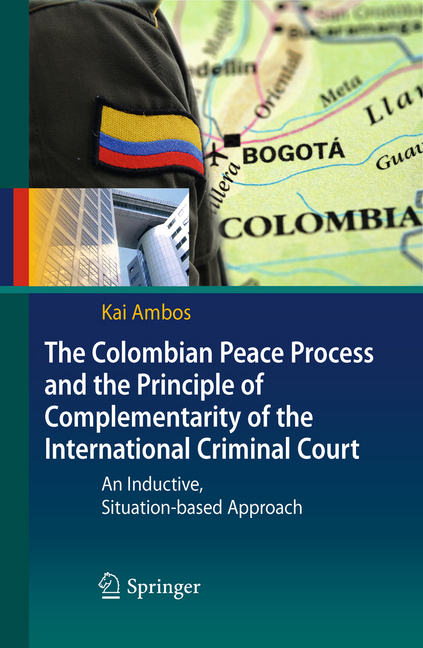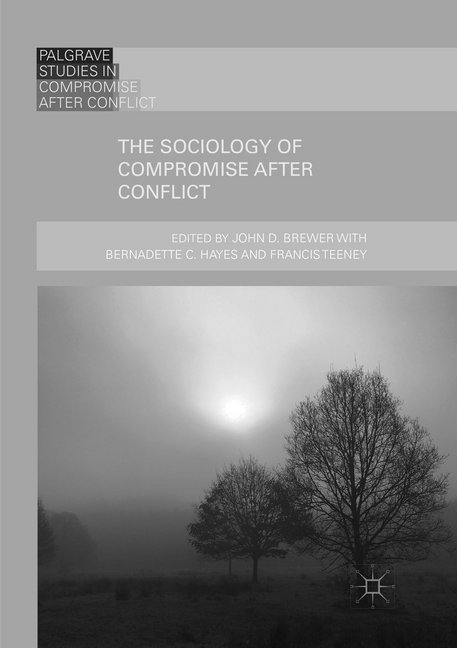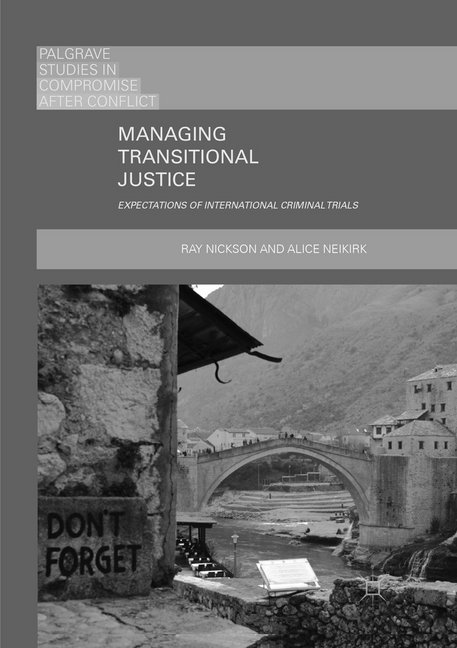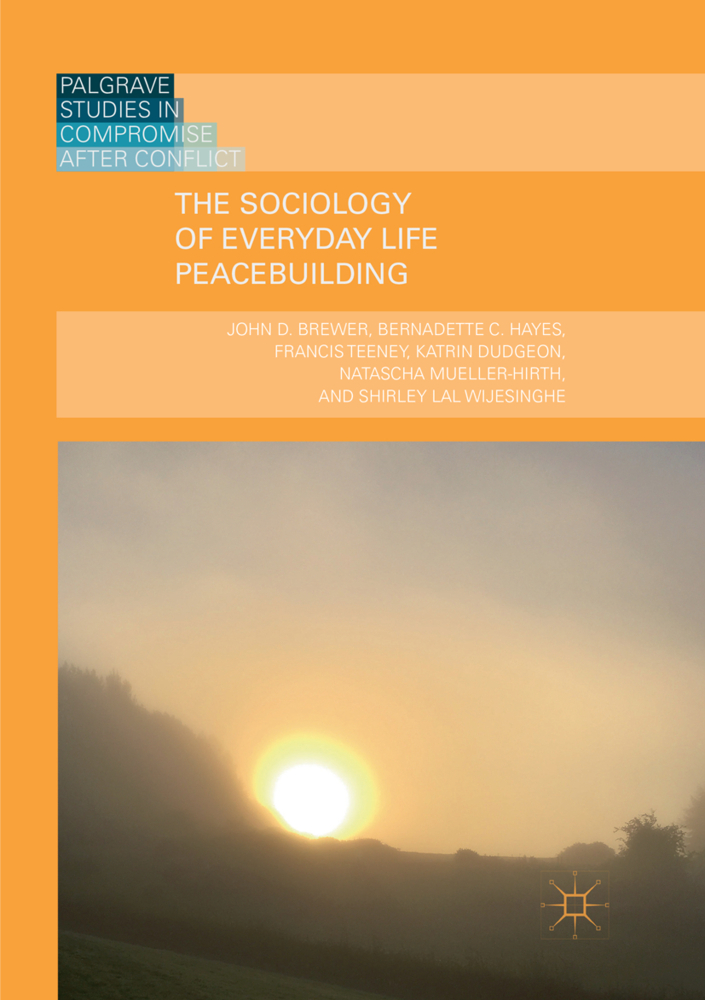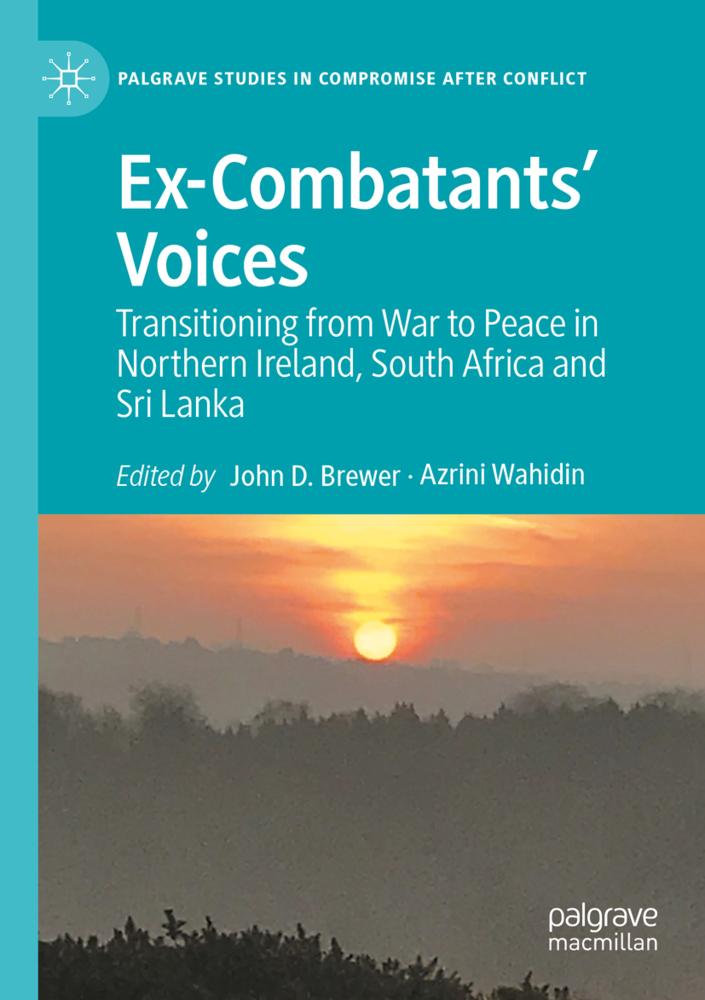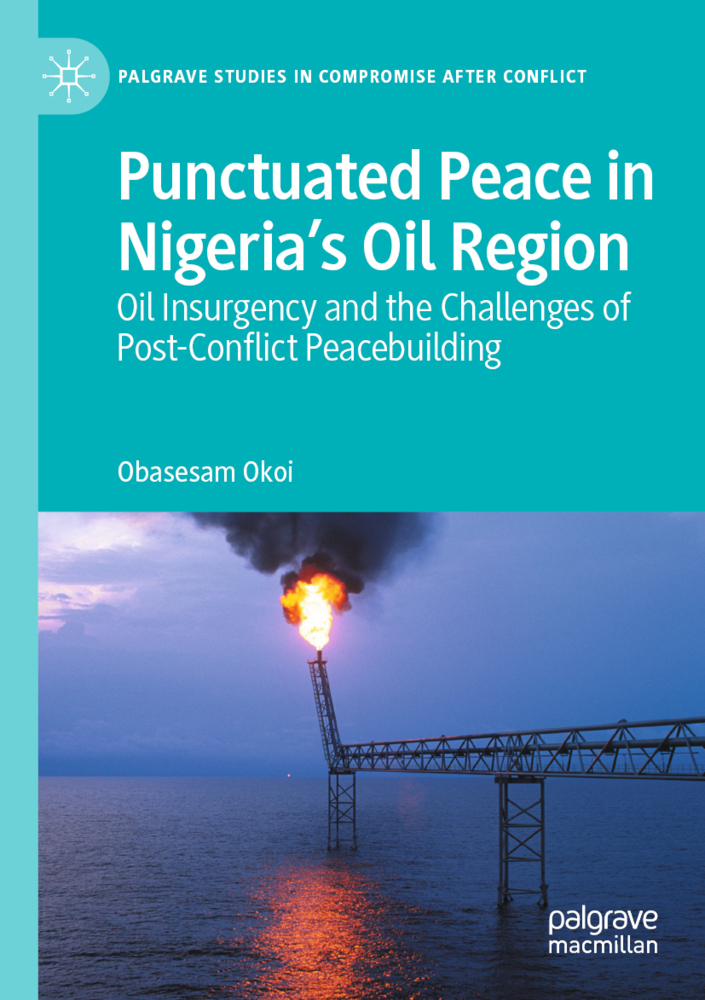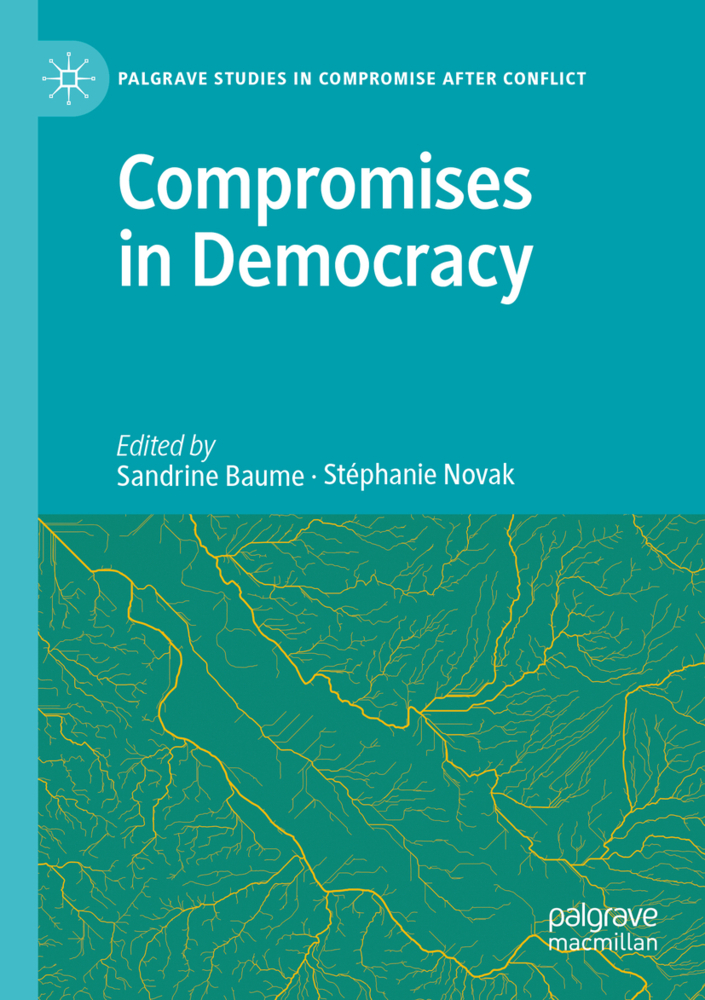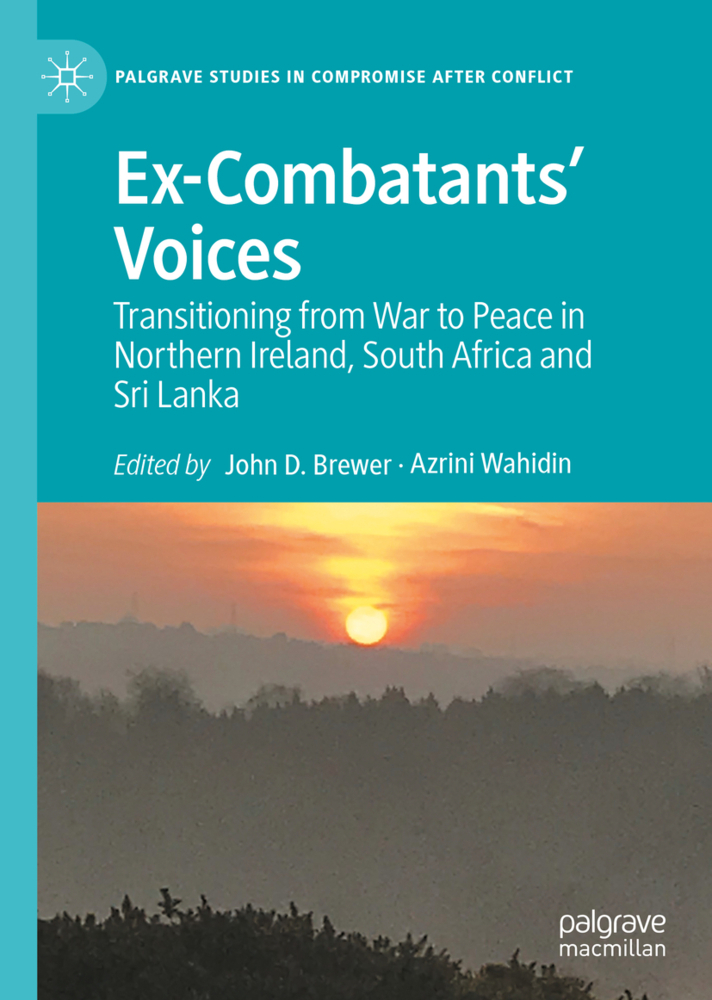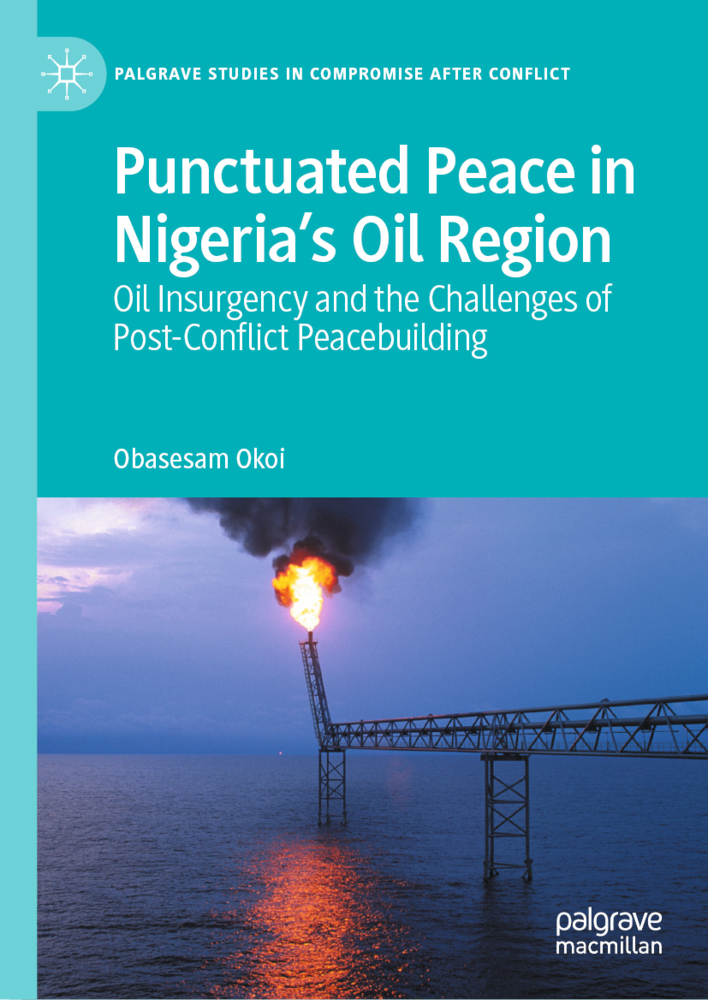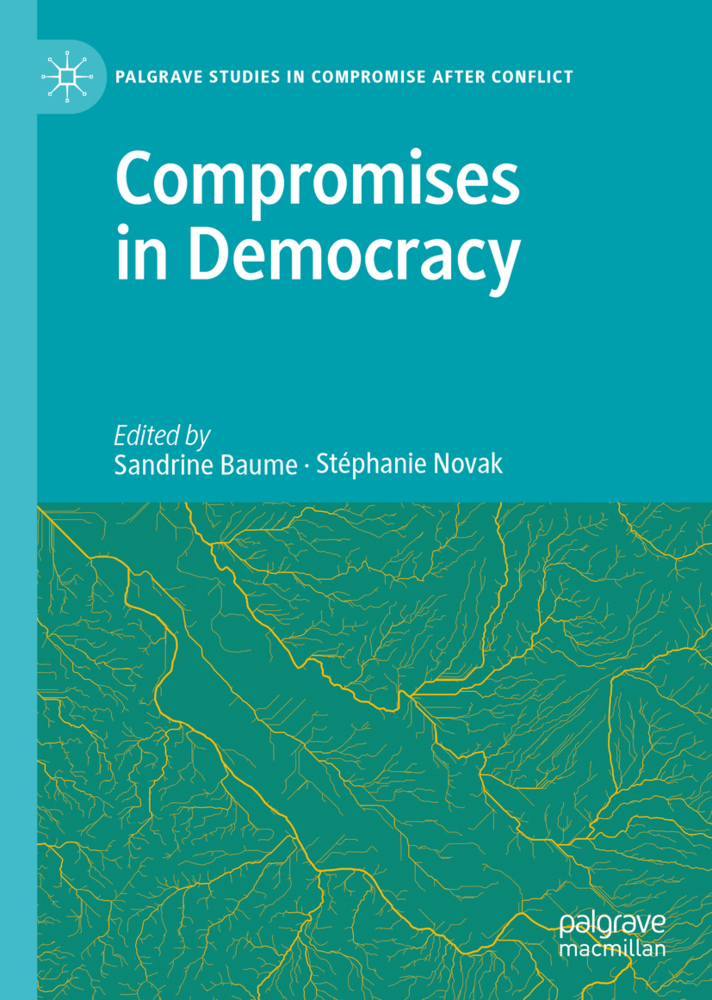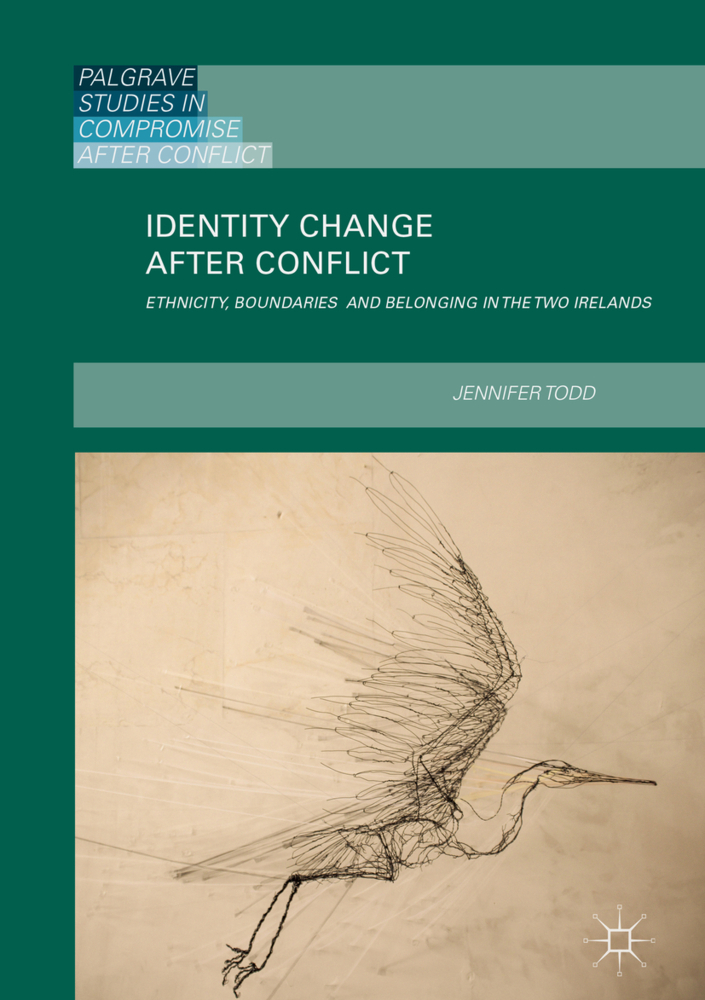The Colombian Peace Process and the Principle of Complementarity of the International Criminal Court
An Inductive, Situation-based Approach
Striking a balance between peace and justice has long been debated by scholars and practitioners. There has been definite progress in a world in which blanket amnesties were at times granted with little hesitation. There is a growing understanding that accountability has both pragmatic and principled arguments in its favor. Practical arguments as much as shifts in norms have created a situation in which the choice is increasingly seen as 'which forms of accountability' rather than a stark one between peace and justice. The Colombian Justice and Peace Law 975 and its implementation offer an interesting and unique approach to dealing with the international crimes committed in Colombia's decades-long armed conflict. Yet, will this approach suffice with regard to Colombia's obligations under international law to investigate and prosecute international crimes? Does it meet the standards of the ICC, which has been monitoring the Colombian situation for some time now? In particular, does it pass the complementarity test laid out in the ICC statute or will the ICC have to intervene in Colombia to enforce international criminal law?
1;Preface;6 2;Contents;8 3;Abbreviations;12 4;Chapter 1: Preliminary Remarks;17 5;Chapter 2: The Process Under Law 975;25 5.1;2.1 Demobilization, disarmament and reintegration;26 5.2;2.2 Preliminary investigation and ``versión libre´´;28 5.3;2.3 Formulation of ``imputation´´ and charges;31 5.4;2.4 Reparation;35 5.5;2.5 Determination of the sentence;37 6;Chapter 3: Intermediate Conclusions;39 7;Chapter 4: Preliminary Considerations: The Object of Reference of the Complementarity Test (Situation-Case-Conduct);50 8;Chapter 5: Gravity and Complementarity Stricto Sensu;55 8.1;5.1 Sufficient gravity (Art. 17 (1) (d));56 8.1.1;5.1.1 The standard in current practice;56 8.1.2;5.1.2 The own approach;60 8.1.3;5.1.3 Application to the situation in Colombia;63 8.2;5.2 Complementarity stricto sensu;66 8.2.1;5.2.1 Admissibility due to total State inaction;67 8.2.1.1;5.2.1.1 General considerations;67 8.2.1.2;5.2.1.2 Application to the situation in Colombia;69 8.2.2;5.2.2 Inadmissibility due to State action (Art. 17 (1) (a)-c) and 20 (3));71 8.2.2.1;5.2.2.1 General considerations;71 8.2.2.2;5.2.2.2 Application to the situation in Colombia;75 8.2.3;5.2.3 Admissibility due to unwillingness or inability (Art. 17 (2) and (3));75 8.2.3.1;5.2.3.1 Preliminary remarks;75 8.2.3.2;5.2.3.2 Unwillingness;78 8.2.3.2.1;5.2.3.2.0 General considerations;78 8.2.3.2.2;5.2.3.2.0 Application to the situation in Colombia;84 8.2.3.2.2.1;Purpose of shielding;84 8.2.3.2.2.2;Unjustified delay;85 8.2.3.2.2.3;Independent and impartial proceedings;87 8.2.3.2.2.4;General and paradigmatic aspects;88 8.2.3.3;5.2.3.3 Inability;92 8.2.3.3.1;5.2.3.3.0 General considerations;92 8.2.3.3.2;5.2.3.3.0 Application to the situation in Colombia;95 9;Chapter 6: Conclusion: Classifying the Colombian Case with a View to Different Transitional Justice Scenarios;100 10;Chapter 7: Some Recommendations for the Further Application of Law 975;102 11;Documents and Materials;107 11.1;1. Additional Sources*;107 11.1.1;1.1 NORMATIVE FRAMEWORK;107 11.1.1.1;1.1.1 Legislation;107 11.1.1.2;1.1.2 Executive Decrees;108 11.1.1.3;1.1.3 Resolutions, agreements, memoranda and others;108 11.1.1.3.1;1.1.3.1 Resolutions and memoranda Fiscal ´a General de la Nacio´n;108 11.1.1.3.2;1.1.3.2 Resolutions Presidencia de la Repu´ blica;109 11.1.1.3.3;1.1.3.3 Resolutions and agreements of governmental departments;110 11.1.1.3.4;1.1.3.4 Consejo Superior de la Judicatura;110 11.1.1.3.5;1.1.3.5 Procuradur ´a General de la Nacio´n;111 11.1.1.3.6;1.1.3.6 Defensor ´a del Pueblo;111 11.1.1.3.7;1.1.3.7 Others;111 11.1.2;1.2 JURISPRUDENCE;111 11.1.2.1;1.2.1 International Jurisprudence;111 11.1.2.1.1;1.2.1.1 International Criminal Court;111 11.1.2.1.2;1.2.1.2 Inter-American Court of Human Rights;112 11.1.2.1.3;1.2.1.3 Resolutions of other international courts;113 11.1.2.2;1.2.2 Colombian Jurisprudence;113 11.1.2.2.1;1.2.2.1 Corte Constitucional;113 11.1.2.2.2;1.2.2.2 Corte Suprema de Justicia;114 11.1.2.2.3;1.2.2.3 Consejo de Estado;115 11.1.2.2.4;1.2.2.4 Tribunal Superior de Justicia y Paz de Bogota;115 11.1.3;1.3 DOCUMENTS;116 11.1.3.1;1.3.1 Governmental documents;116 11.1.3.1.1;1.3.1.1 Oficina del Alto Comisionado para la Paz;116 11.1.3.1.2;1.3.1.2 Comisio´n Nacional de Reparacio´n y Reconciliacio´n;116 11.1.3.1.3;1.3.1.3 Ministerio de Defensa;117 11.1.3.1.4;1.3.1.4 Procuradur ´a General de la Nacio´n;118 11.1.3.1.5;1.3.1.5 Defensor ´a del Pueblo;118 11.1.3.1.6;1.3.1.6 Other govermental documents;118 11.1.3.2;1.3.2 International and non-governmental organizations;119 11.1.3.2.1;1.3.2.1 Inter-American Commission on Human Rights;119 11.1.3.2.2;1.3.2.2 Centro de Investigacio´n y Educacio´n Popular;120 11.1.3.2.3;1.3.2.3 Fundacio´n Ideas para la Paz;120 11.1.3.2.4;1.3.2.4 Other documents;121 11.1.3.2.5;1.3.2.5 Unpublished documents;123 11.1.3.3;1.3.3 Press reports;124 11.1.4;1.4 (Further) BIBLIOGRAPHY;126 11.1.4.1;1.4.1 Monographs/Books;126 11.1.4.1.1;1.4.1.1 International criminal law, transitional justice, peace process,demobi
Ambos, Kai
| ISBN | 9783642112737 |
|---|---|
| Artikelnummer | 9783642112737 |
| Medientyp | E-Book - PDF |
| Auflage | 2. Aufl. |
| Copyrightjahr | 2010 |
| Verlag | Springer-Verlag |
| Umfang | 130 Seiten |
| Sprache | Englisch |
| Kopierschutz | Digitales Wasserzeichen |

